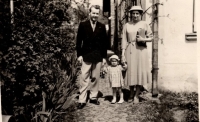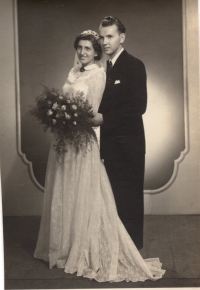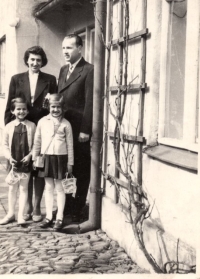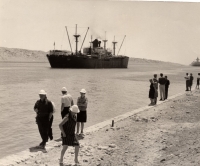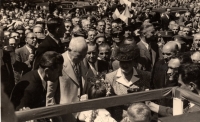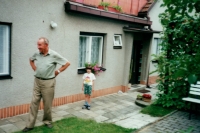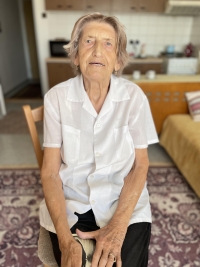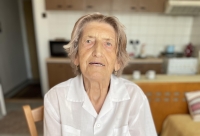Being a nurse in a neonatal unit was hard work under the communists
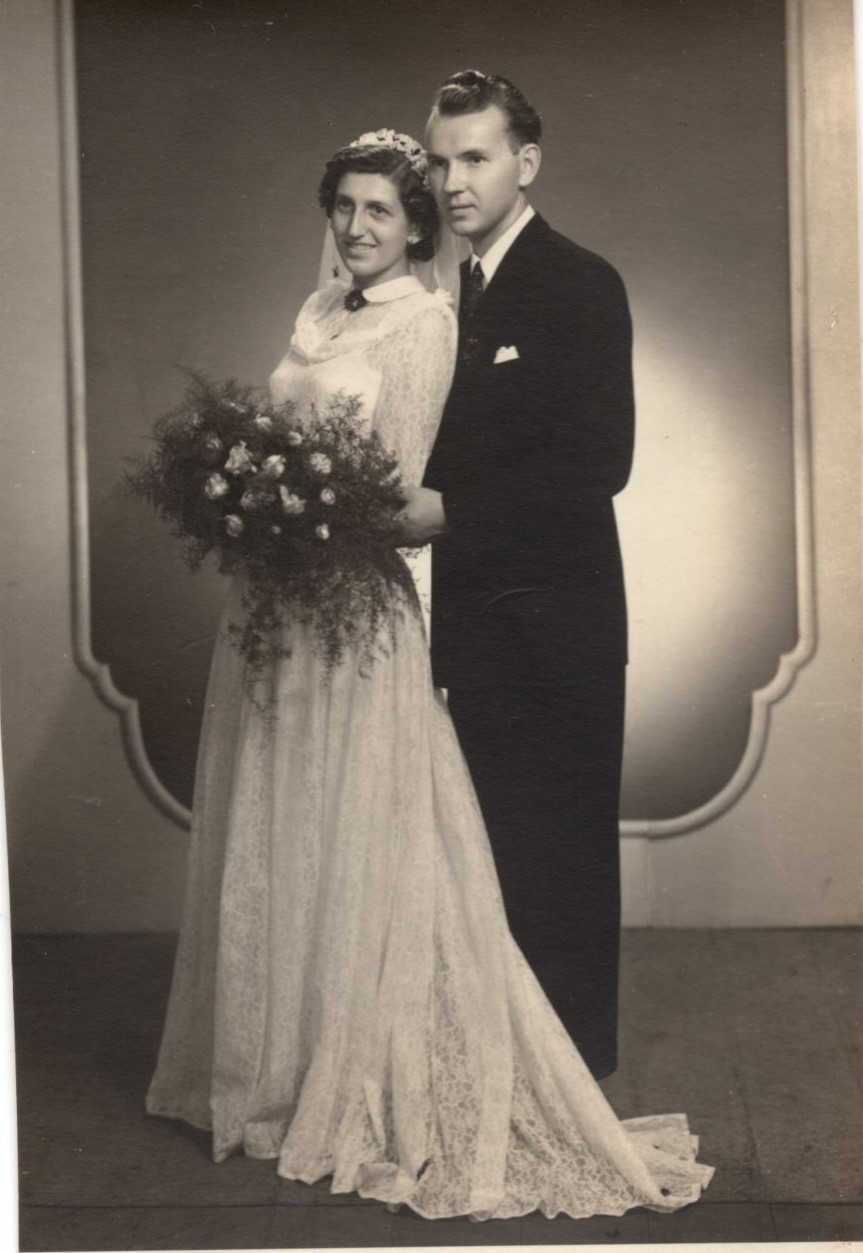
Download image
Iva Galiová was born on 25 January 1934 into the family of factory inspector František Kotouček and his wife Aloisia. Together with her parents and sister she lived in a small house in Příbor. Her father František was involved in the renewal of the town after the war. In 1949, Iva Galiová entered secondary medical school in Nový Jičín, which she attended for two years. She then moved to a boarding school in Ostrava-Mariánské Hory, where she successfully completed her studies after another two years. Immediately after graduation in 1953, she passed additional exams and became a certified nurse. In the same year she married Milan Galia, who later became the long-time chief designer of Tatra Kopřivnice. After school she worked at the gynaecological and obstetric department of the hospital in Nový Jičín. In 1961, she was employed in the health centre of the Tatra Kopřivnice branch plant in Příbor. She stayed there for twenty-three years. Before retirement she worked at the pulmonary department in Příbor. Until her husband’s death in 2017, she lived in her parents’ house. In 2022, she lived in a nursing home in Příbor.
